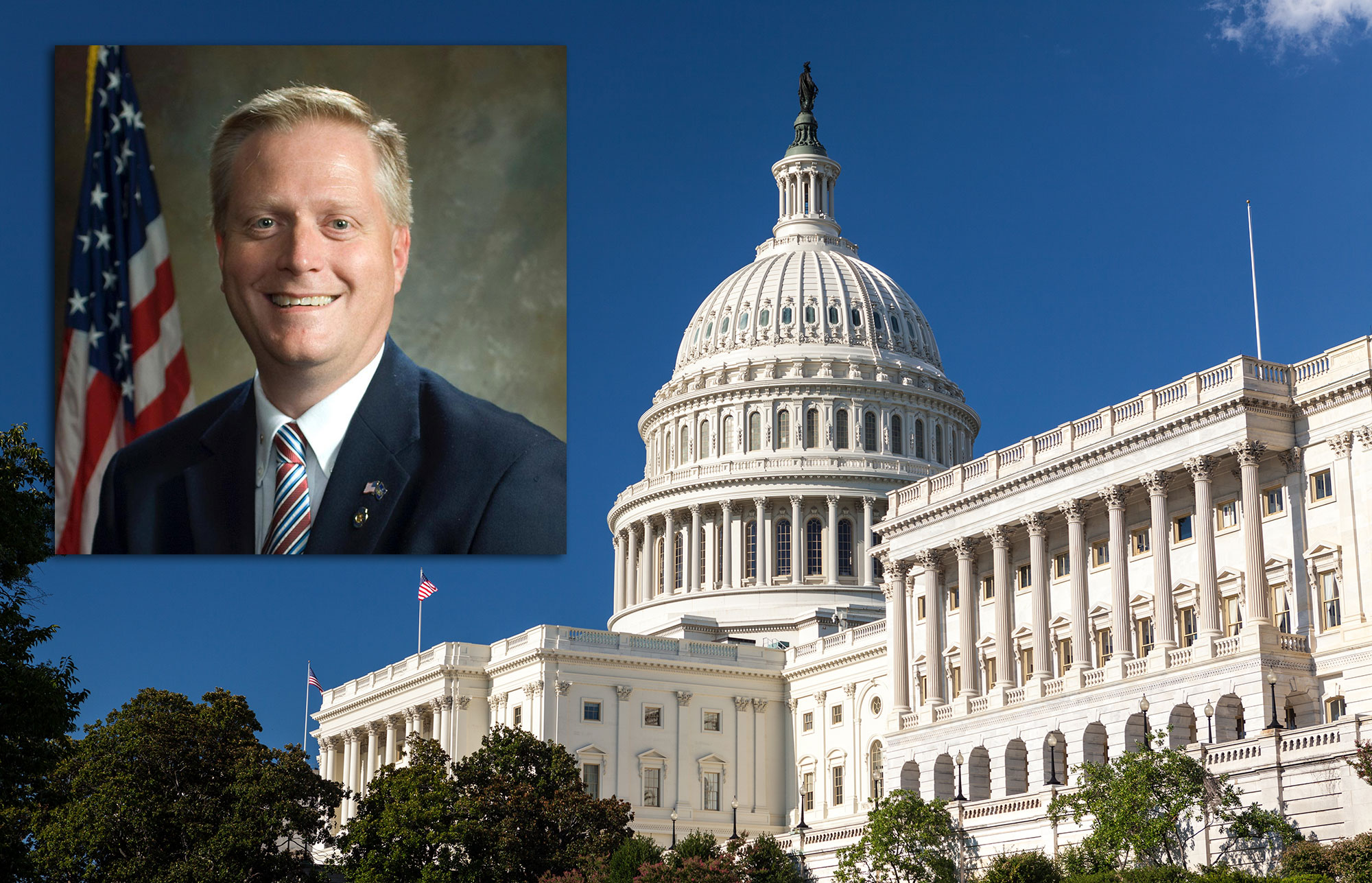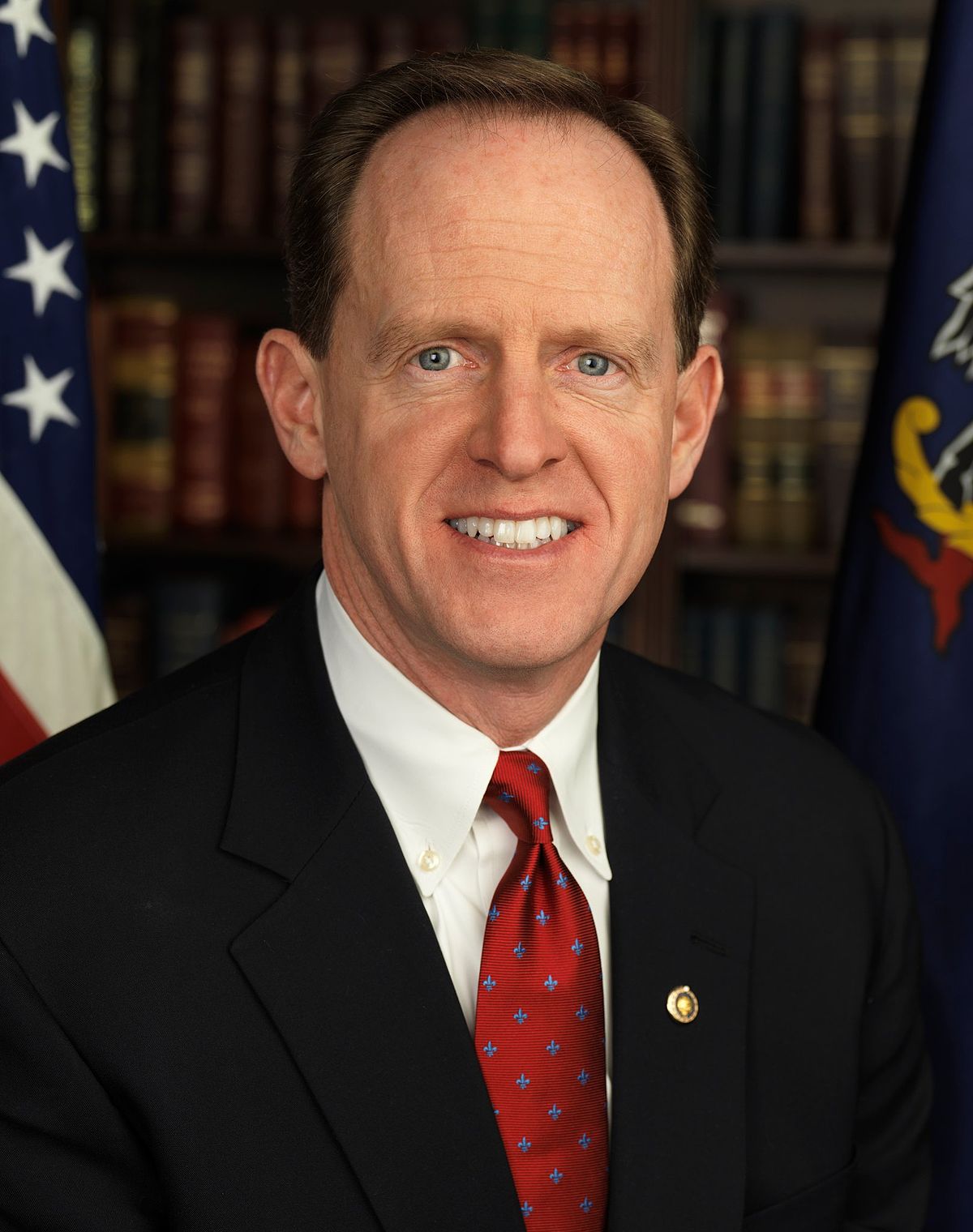Thanks Senator Toomey for his years of service
Washington – Today, Congressman Fred Keller (R-PA) issued a statement on Senator Pat Toomey’s recent announcement that, after 18 years in public service, he will not seek re-election to the Senate or run for governor of Pennsylvania in 2022.
Congressman Fred Keller made the following statement:
“Senator Toomey’s years of service to Pennsylvania have left a lasting positive impact on the citizens of our Commonwealth. During his time in office, Senator Toomey has spearheaded efforts to improve the lives of Pennsylvanians by advocating for lower taxes, smaller government, and fewer regulations.
“Senator Toomey will leave behind an impressive legacy of fiscal conservative leadership. I thank Senator Toomey for his friendship and his important work in improving our state and nation. I look forward to continuing to work in collaboration with him during the balance of his term in the United States Senate.”








